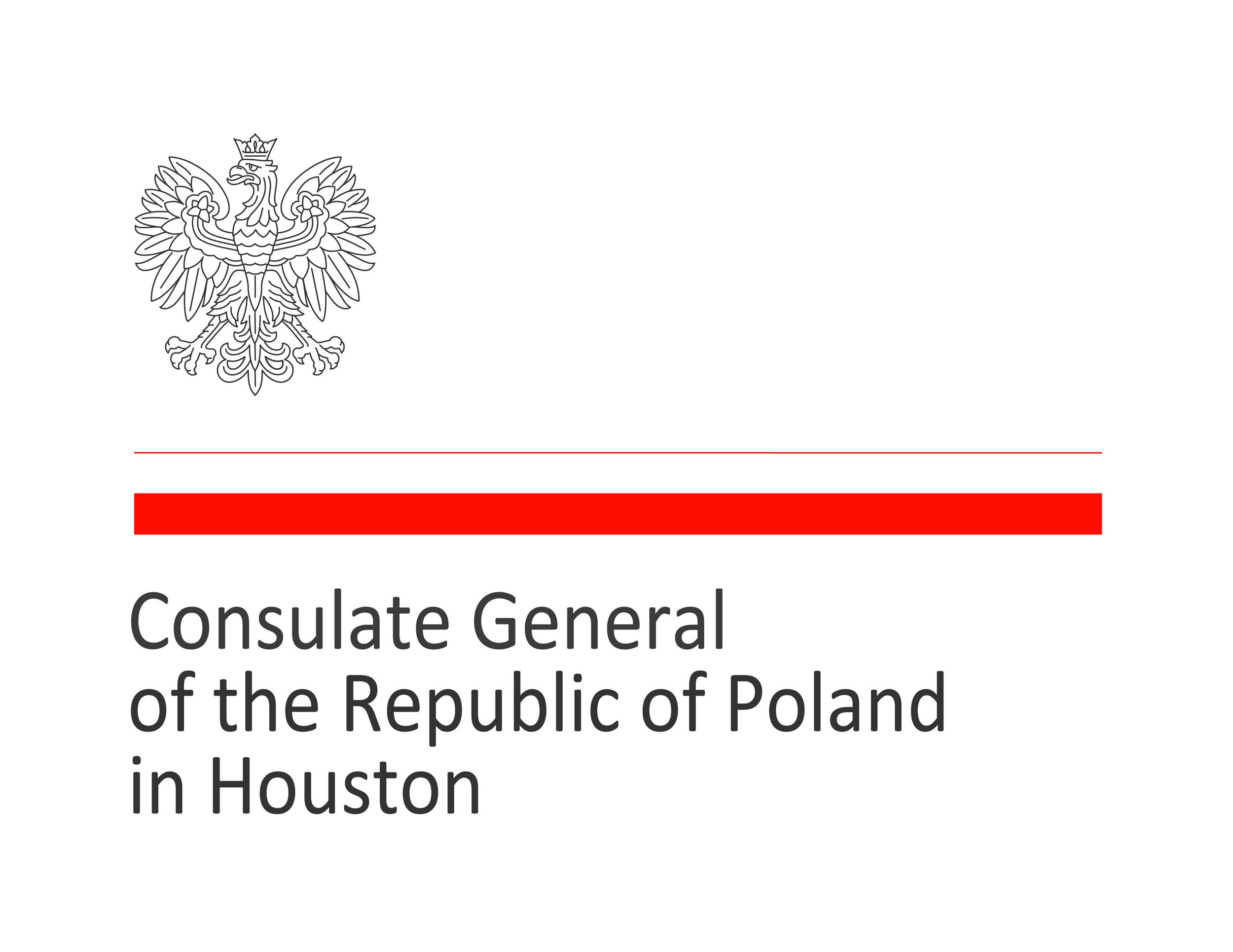The True Chopin
/Reżyser Michał Kwieciński, fot. Bożena Rożek
Michał Kwieciński’s new film Chopin, Chopin! has stirred a wave of emotions and discussions in Poland. For some, it is a groundbreaking work in the way it portrays the composer; for others – a controversial one. The director departs from the romantic myth of the “suffering poet of the piano” and instead shows a living, energetic man struggling with illness, fame, and his own genius.
Joanna Sokołowska-Gwizdka talks with the director about the film, its origins, and the Chopin we have never known.
***
Joanna Sokołowska-Gwizdka:
The film „Chopin, Chopin!” made a profound impression on me. It presents a completely different Chopin from the one we know in our culture. It is not a biography in the classical sense – it is a film about the process of saying farewell to life, about the struggle of genius with the passing moment, about creativity that grants immortality. Was this your intention from the very beginning?
Michał Kwieciński:
Yes. From the very beginning, I wanted Chopin to be a universal symbol – the embodiment of the creator and the genius. I did not personally know many geniuses, but based on his letters and on the literature, I came to understand that Chopin truly was one. My main inspiration was Ferdinand Hoesick’s four-volume biography Chopin. Life and Works. It is a brilliant scholarly study, published at the beginning of the 20th century, based on rich literature and 19th-century sources. After reading it, most later books seemed to me trivial, failing to capture Chopin as he appears in Hoesick’s work. That is why I wanted to portray our great composer in a way that, in my view, comes closest to the truth.
Joanna Sokołowska-Gwizdka:
So you devoted a great deal of time to preparation and to studying the literature from Chopin’s era.
Michał Kwieciński:
For more than six months, I read letters, documents, and memoirs. I know French, so I could access the originals—many of them referenced by Hoesick. Among other things, I read George Sand’s letters to Wojciech Grzymała, which revealed what plans she had for Chopin. Over time, my perception of Chopin changed completely—his patriotism, his illness, his relationships with people. I assumed that letters do not lie.
Joanna Sokołowska-Gwizdka:
I noticed that some quotations from the letters are almost literally transferred onto the screen.
Michał Kwieciński:
I tried to stay true to the sources. For instance, in the scene where Chopin receives a letter from his favorite student, Carl Filtsch, the words spoken are almost exactly the ones that were actually written. Viewers might think that many scenes were invented for the film, but wherever possible, I clung tightly to historical truth.
Still from the film „Chopin, Chopin!„, photo by Jarosław Sosiński
Joanna Sokołowska-Gwizdka:
Whose letters provide the most detailed insights into Chopin’s everyday life?
Michał Kwieciński:
You should read the letters of his student, Friederike Müller. She came to him for lessons and then wrote forty-page letters to her aunts, describing each lesson in minute detail. She must have watched him very closely, because she even notes how Chopin “bent his hand” or “spat into the fireplace.” She was a person who practically obsessed over him—today we would call her a stalker.
Joanna Sokołowska-Gwizdka:
In his book The Purgatory of Fame: Chopin and His Paris, Piotr Witt describes the composer’s life before his spectacular success. He shows that Chopin’s Paris debut did not, as is often claimed, take place immediately in the prestigious Pleyel Hall, but earlier, at the Palace of the Society of Friends of the Arts, known as the Hôtel de Monaco. In your film, however, we see Chopin at the very beginning riding to the Pleyel Hall, surrounded by a crowd of admirers.
Michał Kwieciński:
I wanted to show Chopin right away as a celebrity. We don’t know whether he enjoyed that—I think he would rather not have been a servant to the crowds. Fame may have been a burden to him. My goal, however, was not to reconstruct the facts of his life but to reach into his psyche. In many places, I deliberately abandoned literal accuracy if it did not serve to express what he might have felt.
For example, in Mallorca—I knew it was raining heavily, that the owner expelled them from the villa when he learned of Chopin’s tuberculosis, and that they took refuge in the abandoned Carthusian monastery in Valldemossa. These facts helped me depict his state of mind. But I did not include the thread of George Sand’s children or her conflict with them, because I wanted to focus on the emotions and experiences that influenced Chopin’s decisions.
Still from the film „Chopin, Chopin!„, photo by Jarosław Sosiński
Joanna Sokołowska-Gwizdka:
When I was a representative of the Chopin Festival in Nohant, France, I often visited George Sand’s house. Chopin’s presence could still be felt there. The soundproofed door to his room has been preserved—he was often nervous and dissatisfied with what he composed. He would strike the keys, shout, throw himself on the floor. That is how people remembered him—the household couldn’t sleep.
Michał Kwieciński:
There is also a scene of creative torment in the film. Paris is in the grip of a cholera epidemic; people are terrified, and the sounds coming from Chopin’s apartment become increasingly unbearable. Finally, someone shouts to him: “Stop playing already! You are unbearable!”
Joanna Sokołowska-Gwizdka:
In Nohant, recipes from George Sand’s time have survived. We know that Chopin was on a special diet—he ate light dishes; his favorite meals were pullet and rice stew. This also shapes our image—we tend to imagine Chopin as a frail, sickly, withdrawn man. But your Chopin is not like that.
Michał Kwieciński:
I was surprised to learn that Chopin walked very quickly. That contradicts the myth of the delicate artist barely dragging his feet. He couldn’t have moved slowly, since his contemporaries said he loved to joke around, did excellent voice imitations, was sociable, and returned from night outings at ten in the morning. All those “soirées” fascinated him. In the film, he is therefore a lively, energetic man.
Joanna Sokołowska-Gwizdka:
I always thought Chopin was an introvert, withdrawn, spending long hours at the piano.
Michał Kwieciński:
I think he was an introvert—but an introvert often plays the role of an extrovert, not wanting to be seen as closed off. An introvert isn’t necessarily a recluse—he can be the soul of the company, only showing a different face to the world.
Still from the film „Chopin, Chopin!„, photo by Jarosław Sosiński
Joanna Sokołowska-Gwizdka:
The film is set in nineteenth-century Paris. We see many social and cultural details, the richness of costumes, and magnificent sets. What was the work on this historical layer like?
Michał Kwieciński:
The film was prepared with great care—we worked on it meticulously for a year and a half. Modern Paris no longer resembles the nineteenth-century city, so we filmed in Bordeaux instead. That city still looks the way Paris did in Chopin’s time—gray, stone streets, old townhouses, and the atmosphere of that era. It’s no surprise that many films seeking to capture the spirit of nineteenth-century Paris are shot there.
Joanna Sokołowska-Gwizdka:
For me, „Chopin, Chopin!” is one of the best biographical films I’ve ever seen. It’s deeply human and authentic—each of us can find a part of ourselves in it. The film’s Chopin evokes compassion as we witness his dramatic struggle for immortality, for capturing every fleeting moment in music. Why, then, do you think the film has caused such controversy?
Michał Kwieciński:
Probably because viewers expect a typical biography, whereas this is a psychological drama. When I attend screenings, I always step onto the stage and say: “Let go of your own Chopin.” Each of us carries an image of him—from school, from trips to Żelazowa Wola, from concerts. That’s why it’s important to encourage audiences not to approach the film defensively, but simply to let themselves be immersed in it.
20th Austin Polish Film Festival, Texas
As part of the 20th Austin Polish Film Festival, the film Chopin, Chopin! will be screened during the Opening Gala on November 2, 2025.
More information is available on our website:


















